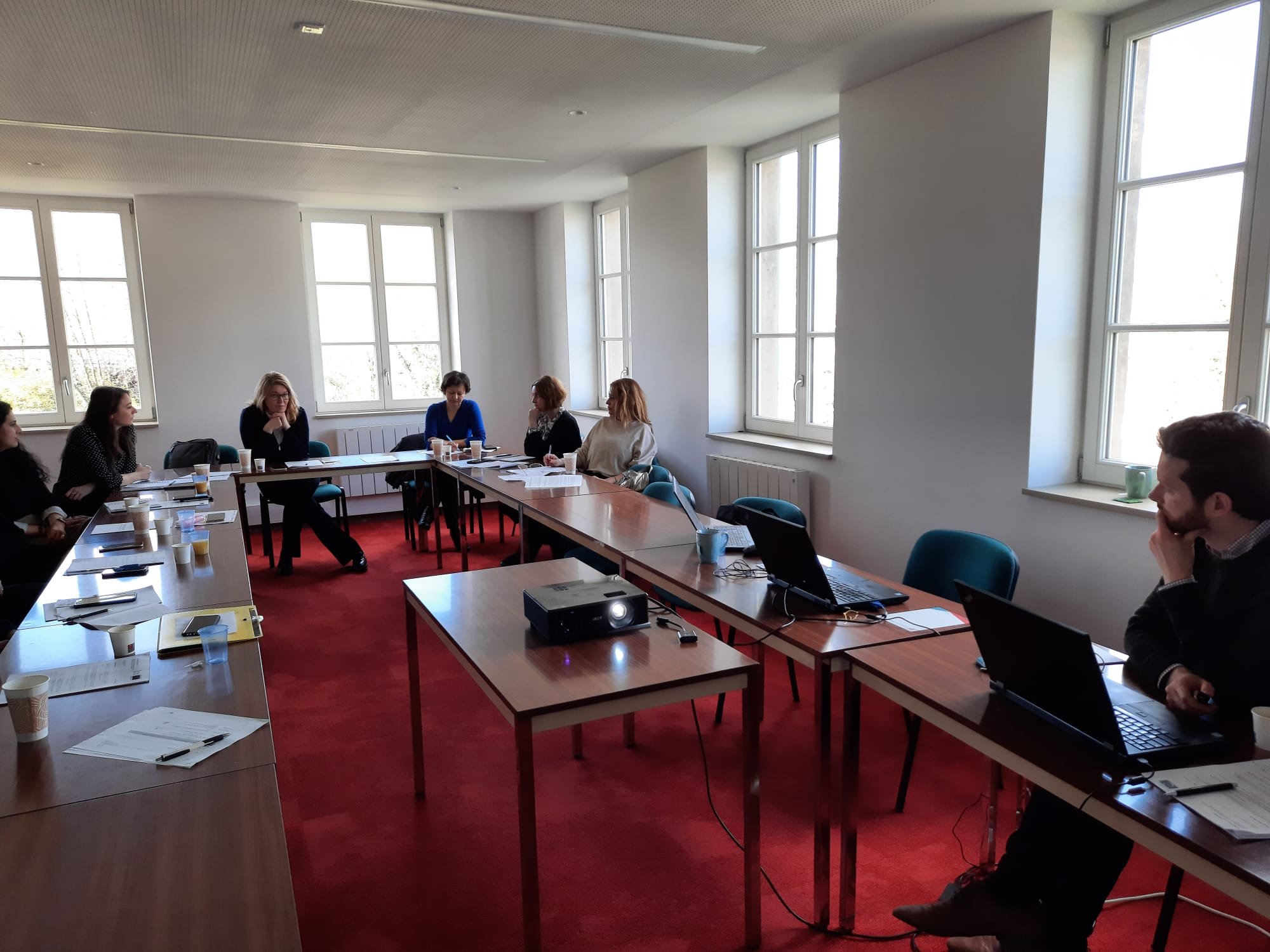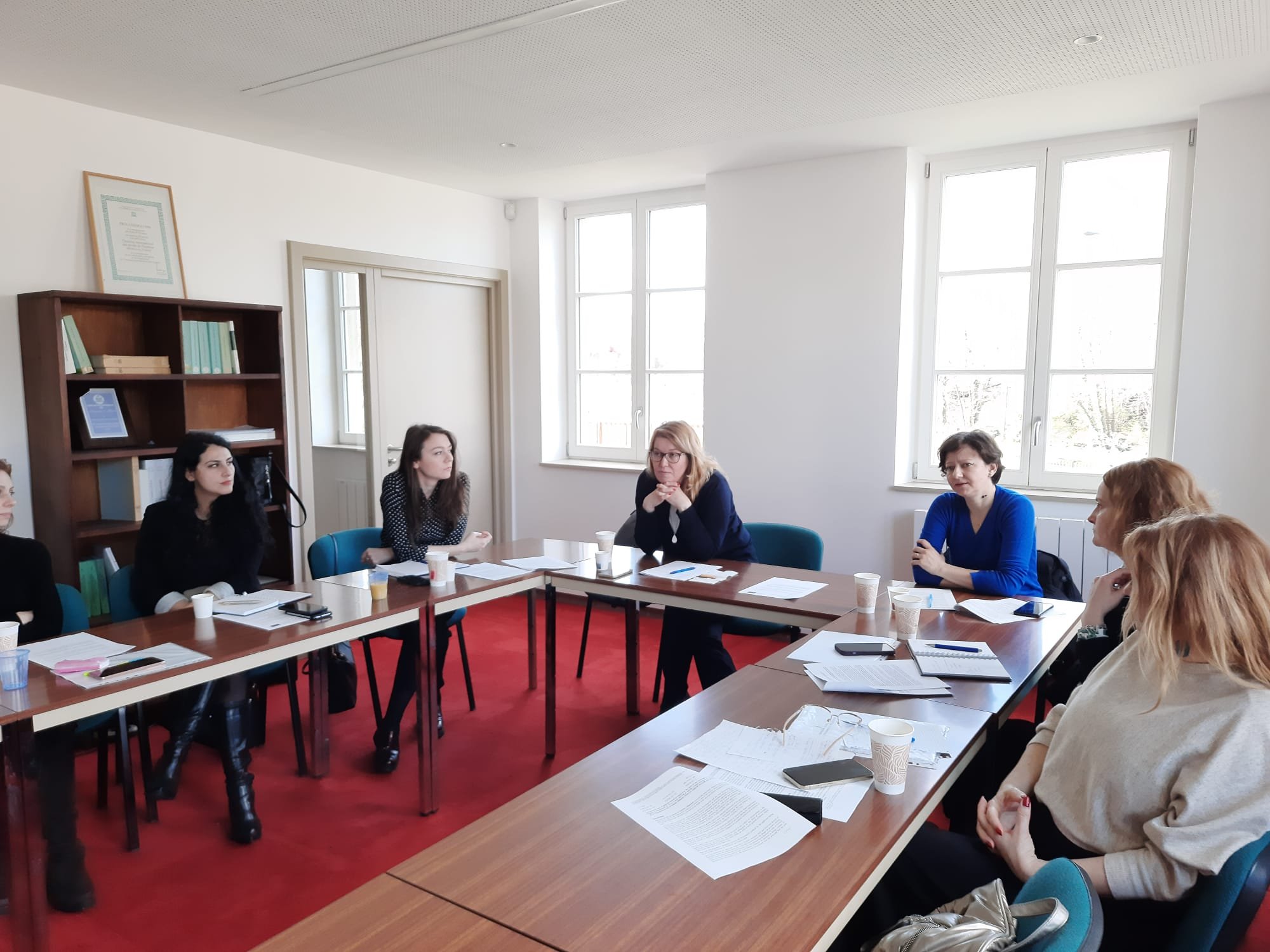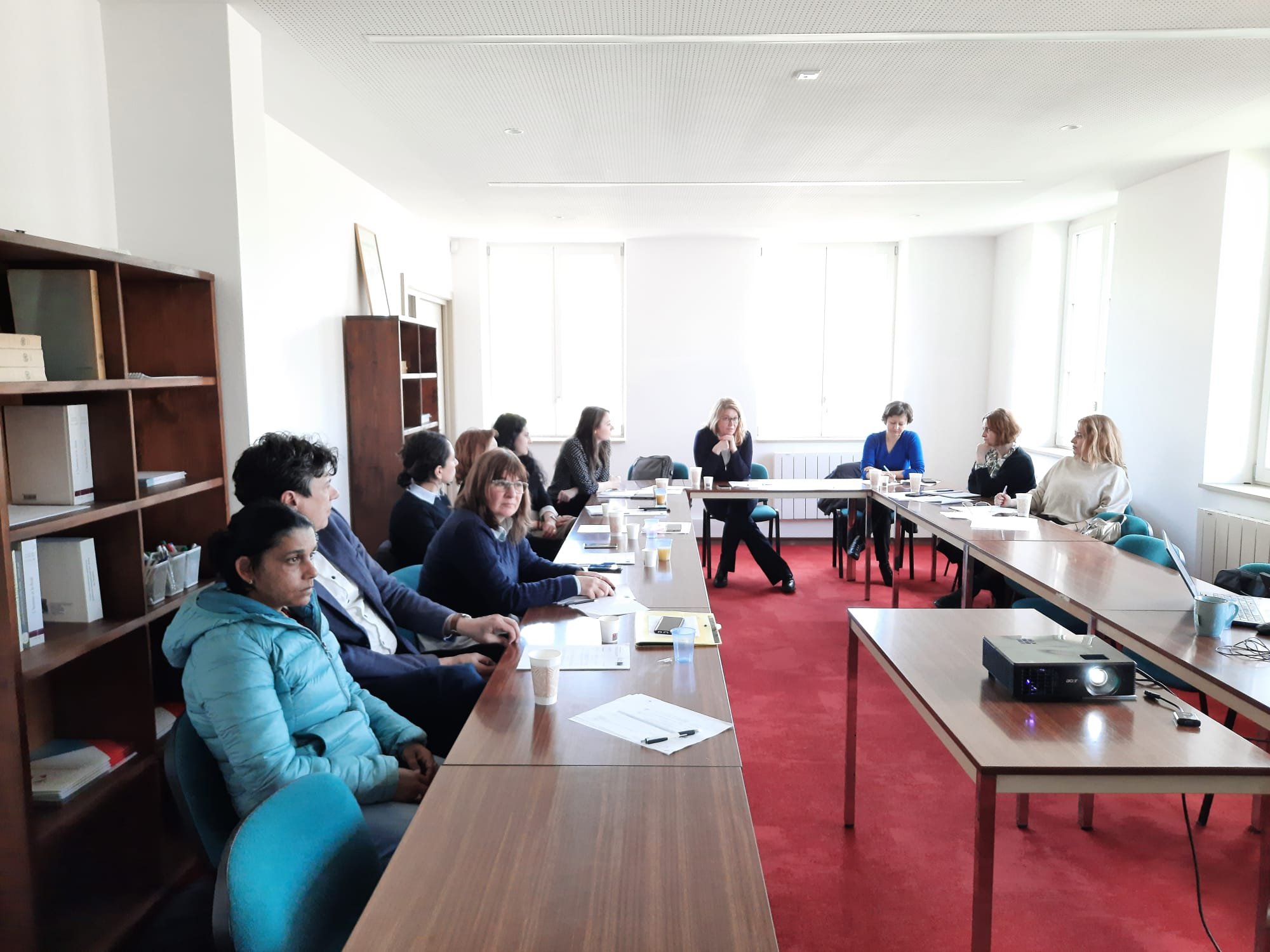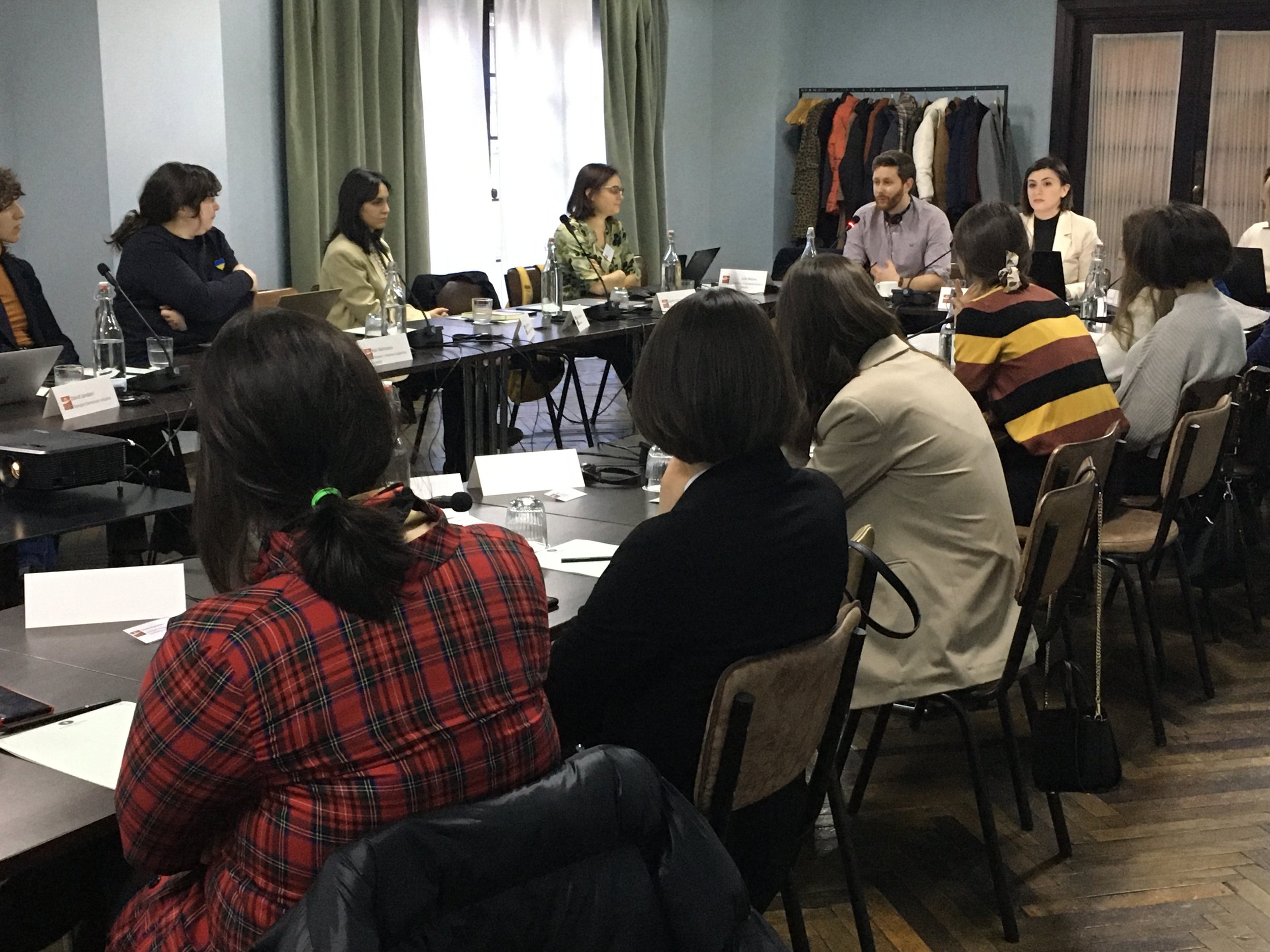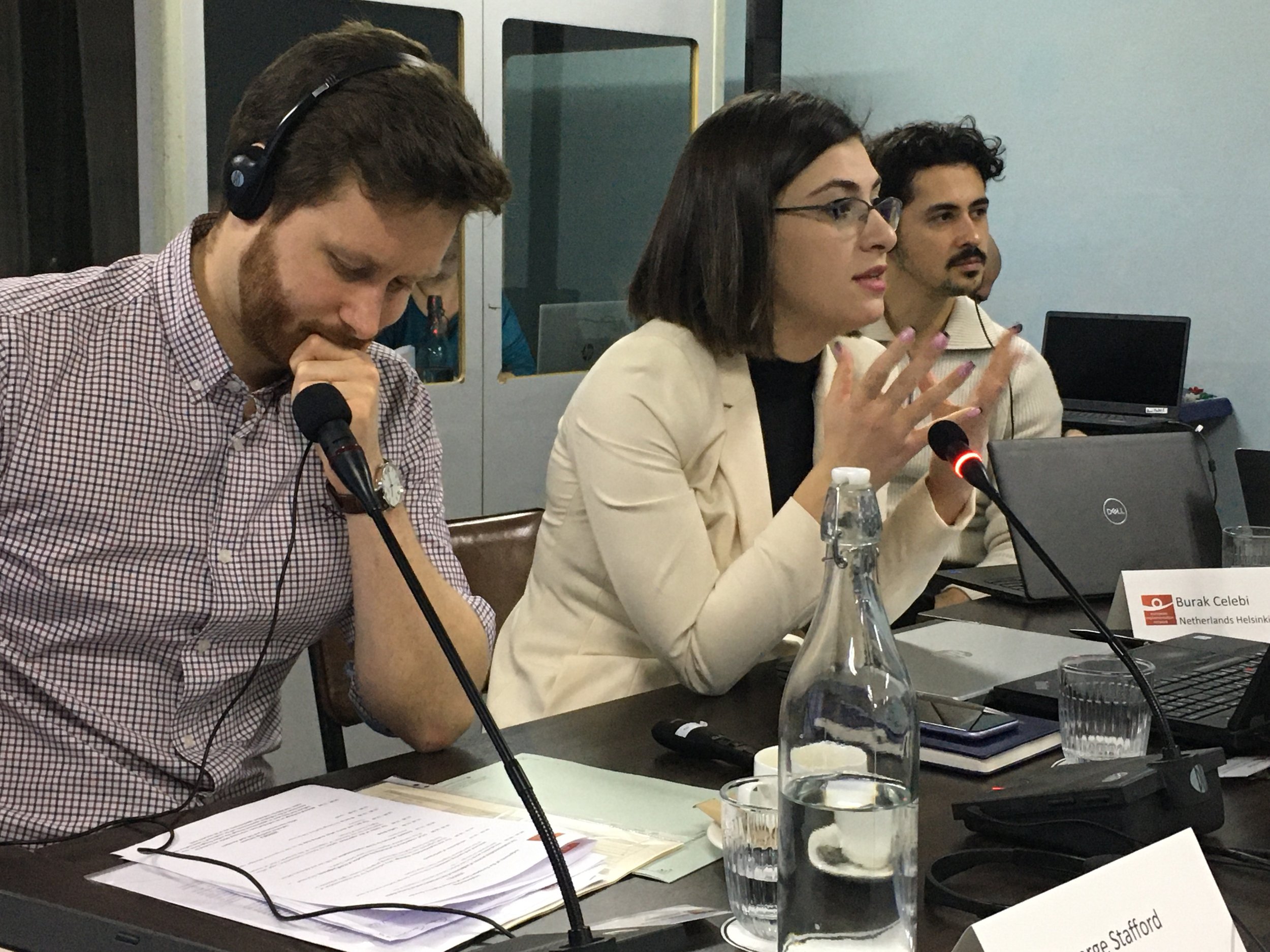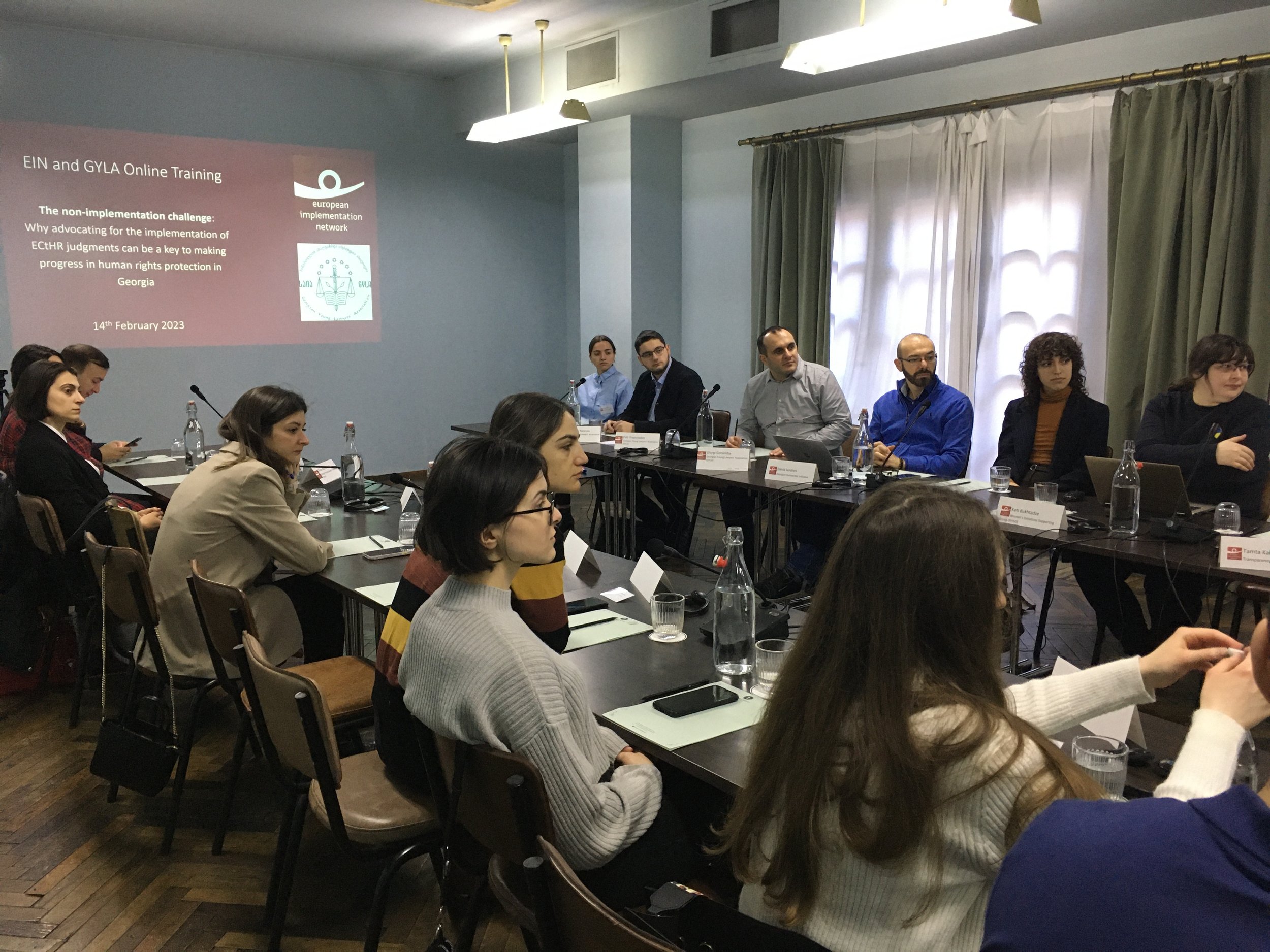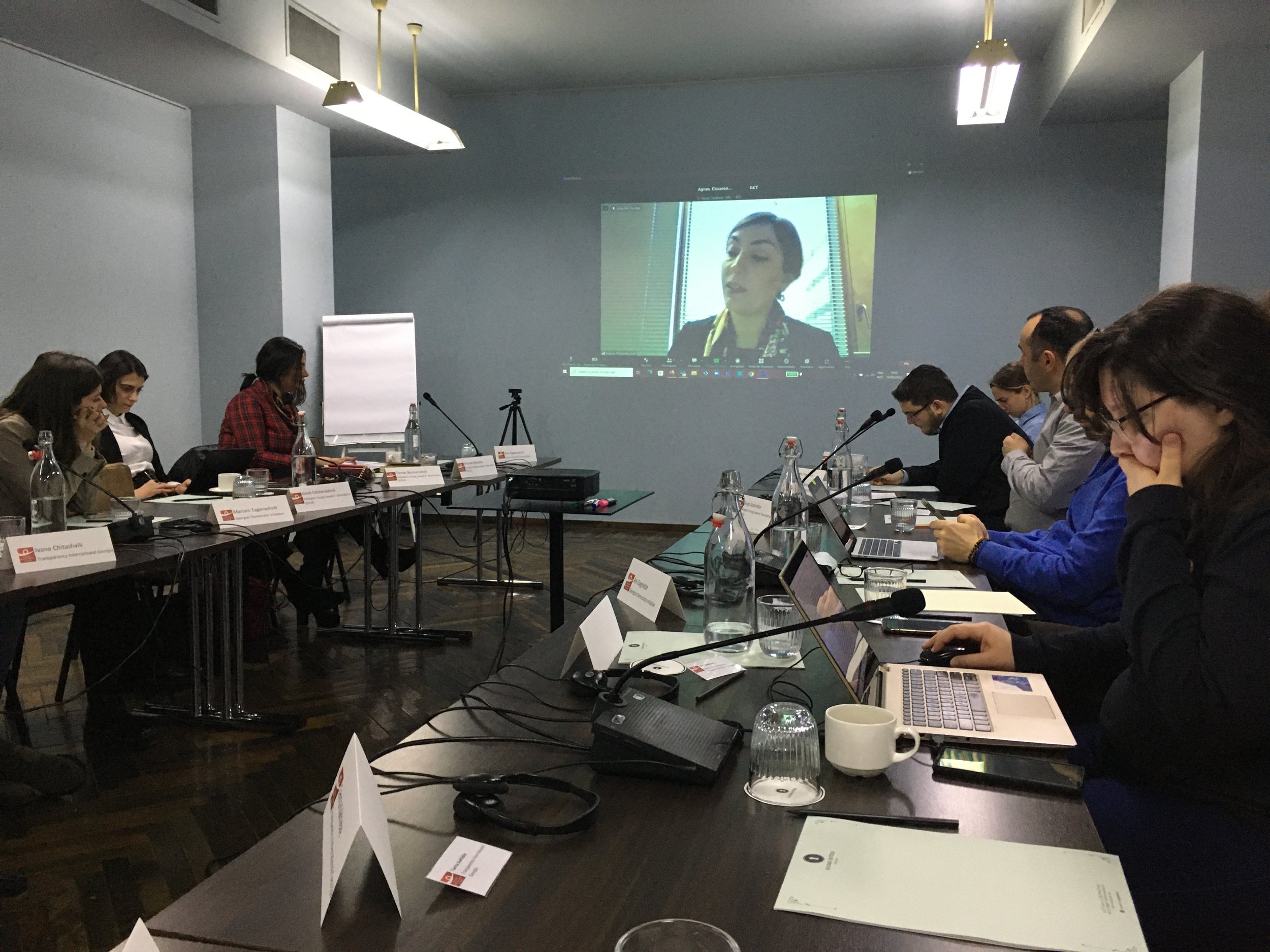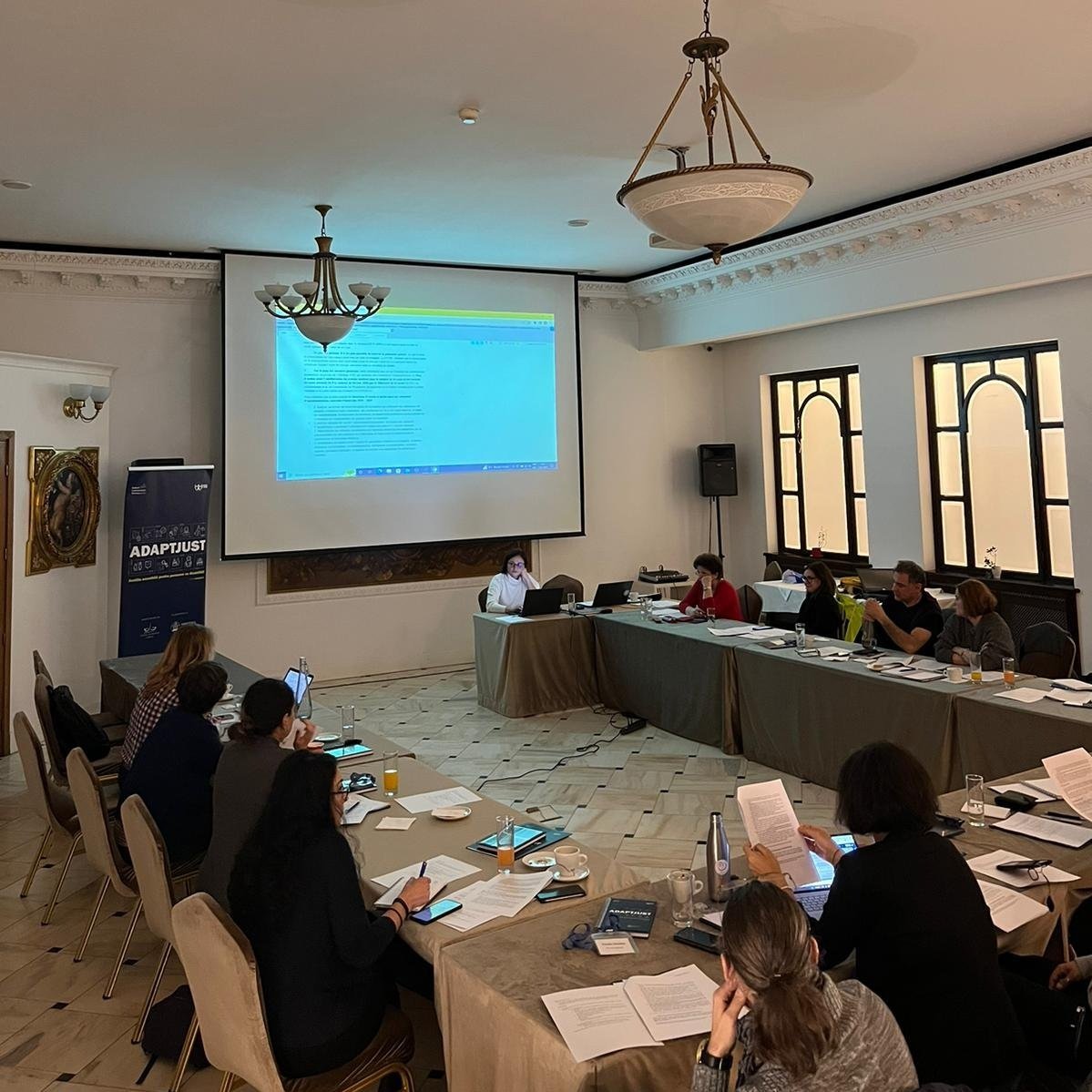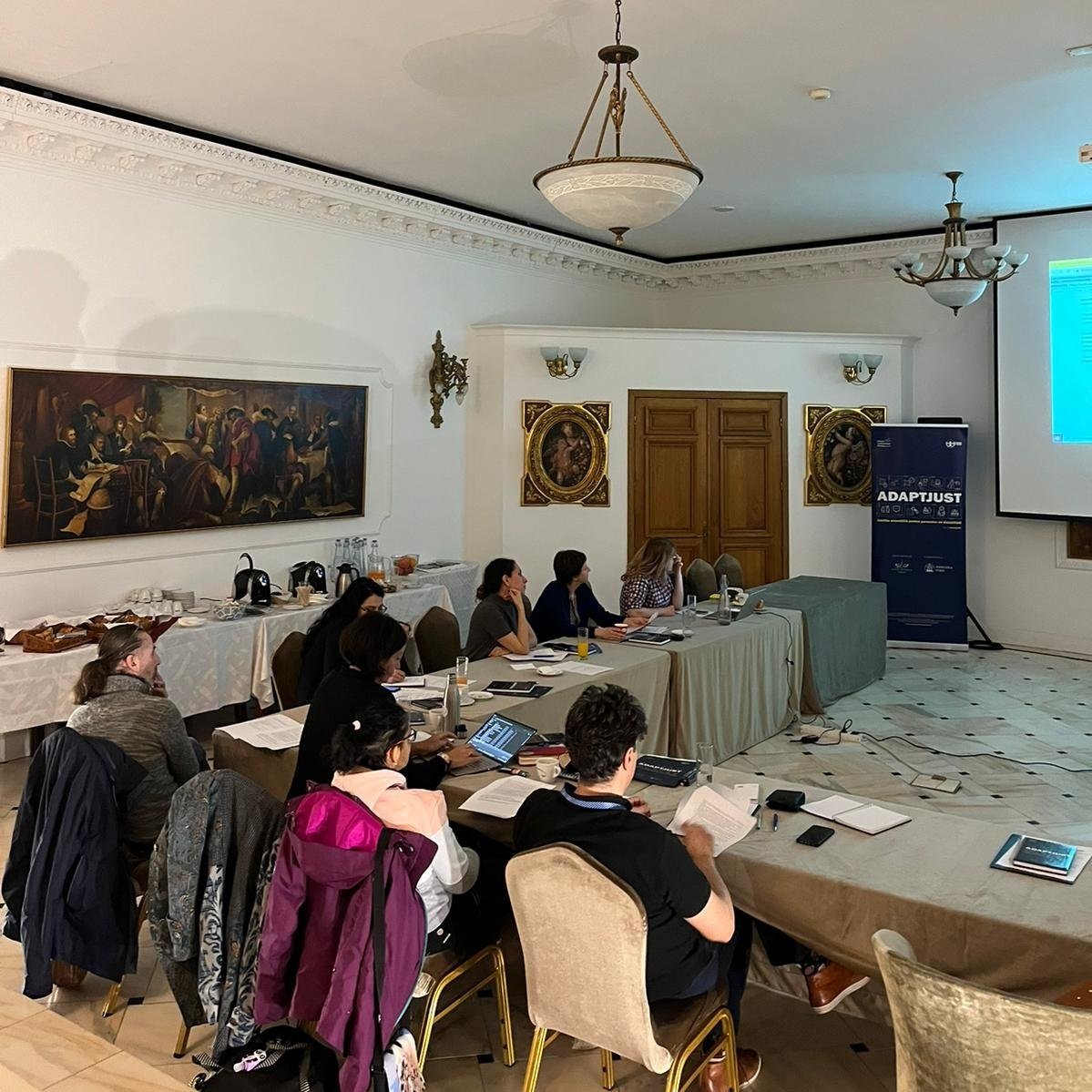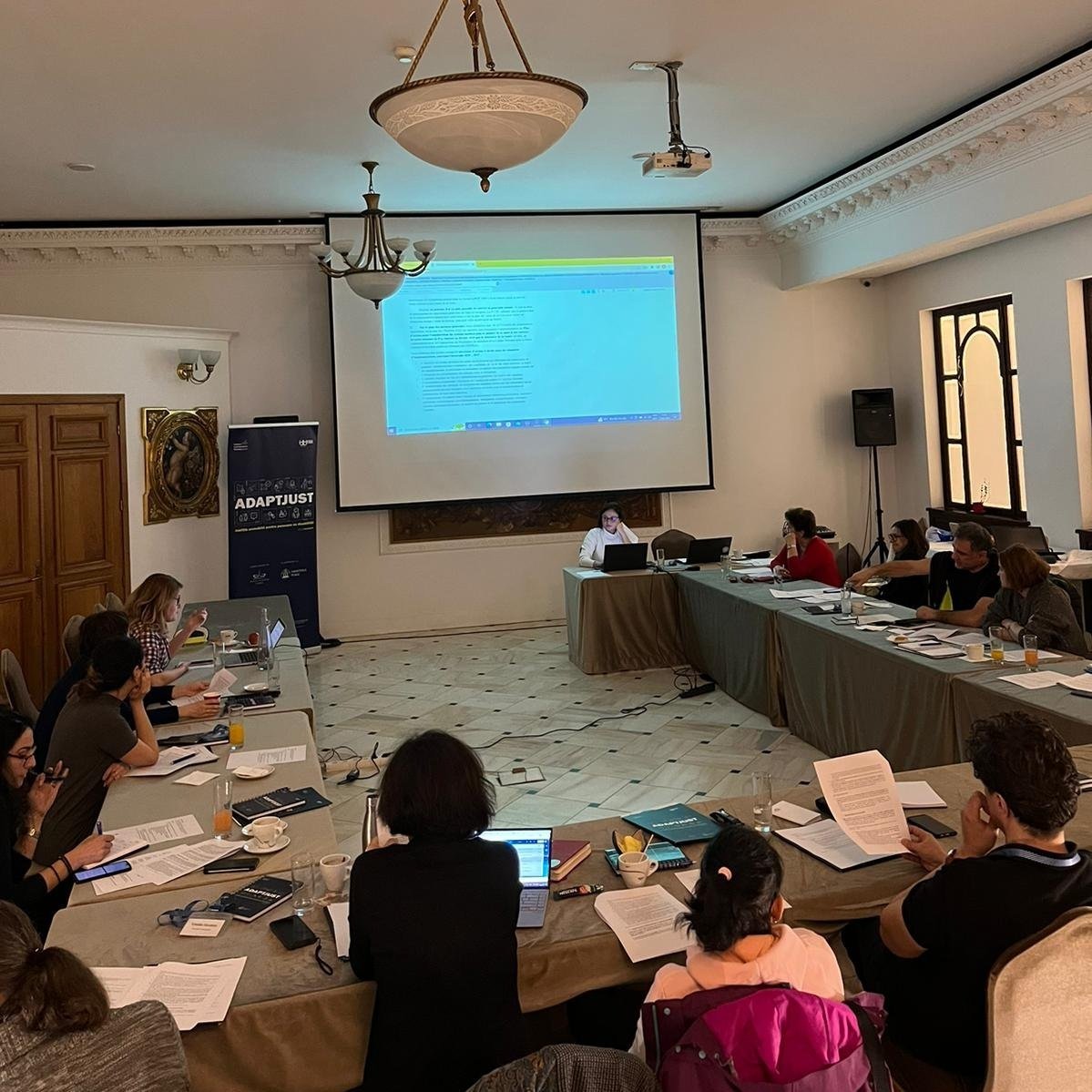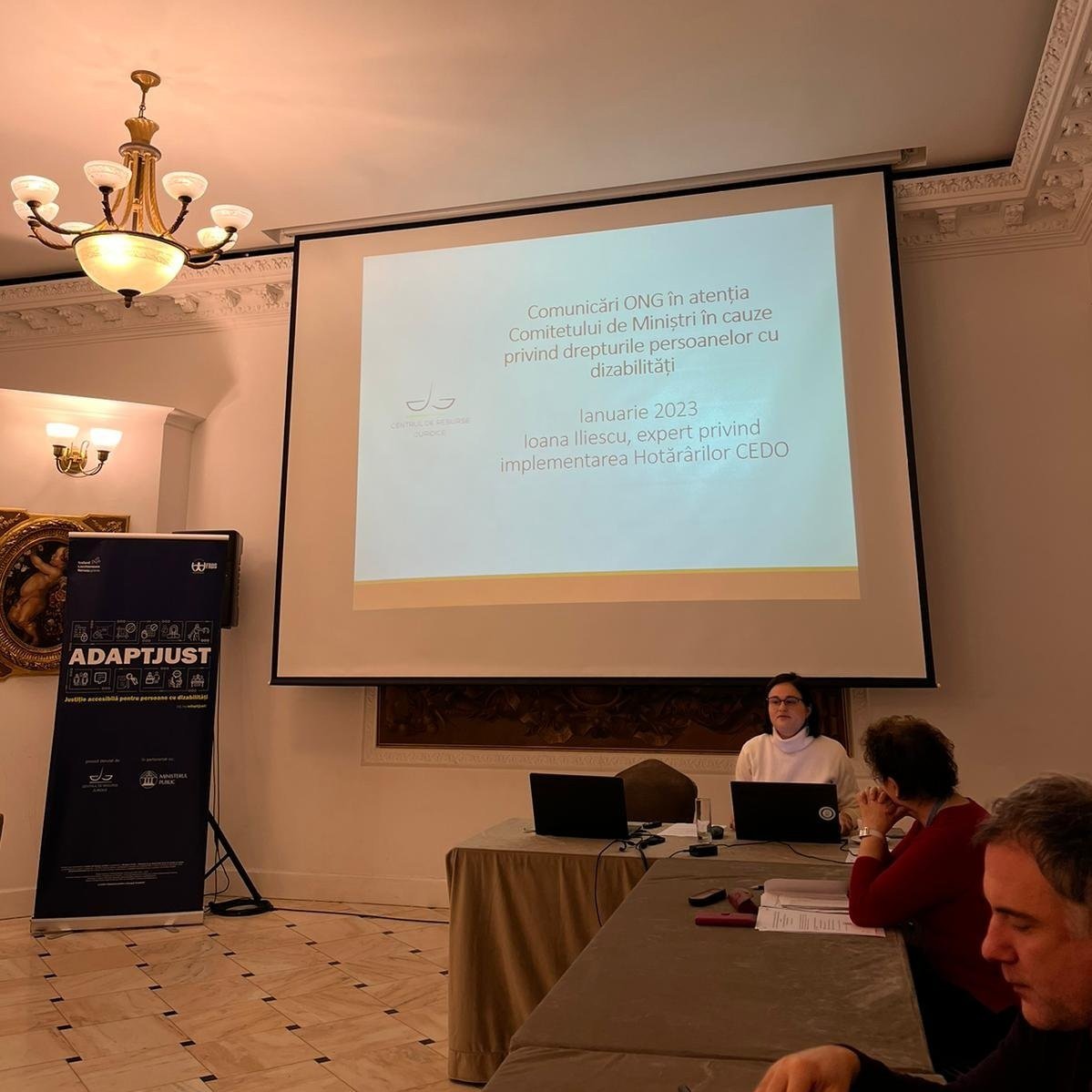Webinar: From Court to Practice: Implementing ECtHR Rulings on Legal Gender Recognition
/On July 13th, EIN and Transgender Europe (TGEU) collaborated on a webinar titled ‘Webinar: From Court to Practice: Implementing European Court of Human Rights Rulings’. This training event aimed to share knowledge and experiences for those advocating for legal gender recognition, seeking to hold their governments accountable and seeking to be involved in the ECtHR implementation process before the Committee of Ministers’.
The training began with welcome remarks from Richard Köhler, TGEU Expert Advisor and Senior Policy Officer.
The first session covered the basics of the ECtHR implementation process. Agnes Ciccarone, EIN Program and Finance Manager, and Ioana Iliescu, EIN Law and Advocacy Officer, presented on the topic, explaining how the process works and how NGOs and lawyers can get involved in ECtHR implementation.
The second half of the training event focused on sharing experiences by lawyers & activists on the X v North Macedonia and X and Y v Romania cases.
The webinar ended with a Q&A session, allowing participants to engage with presenters, who provided valuable insights on engaging with the implementation process of ECtHR judgments concerning legal gender recognition.
We thank TGEU for collaborating with EIN on the event and thank everyone who joined.




